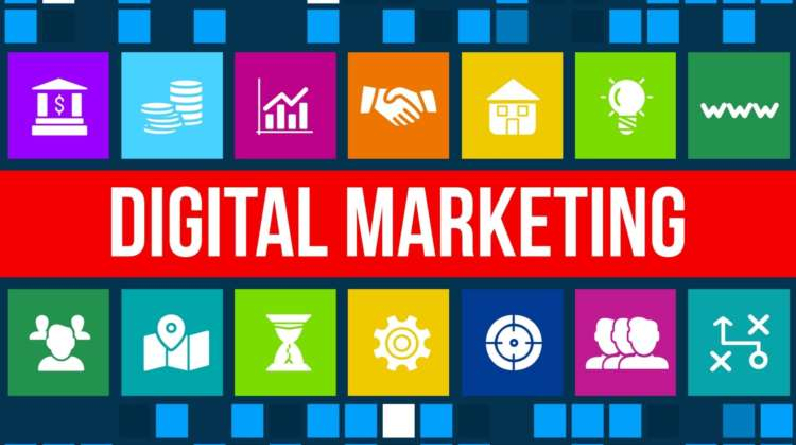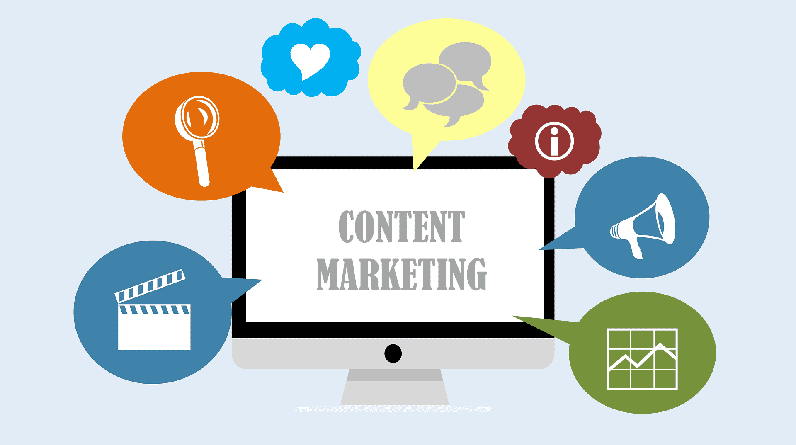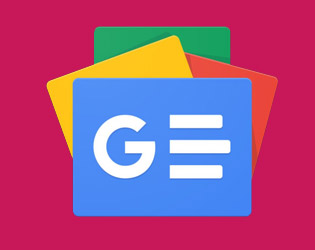Three Different Types Of Digital Marketing

1. Search Engine Optimization (SEO)
Search engine optimization, or SEO, is the practise of enhancing a website’s visibility in search engine results pages in order to attract more of the search engines’ “organic” (or unpaid) visitors. Websites, weblogs, and infographics are just some of the channels that can improve with SEO. Search engine optimization (SEO) can be approached in a variety of ways to increase the amount of targeted visitors to a website. Such things consist of:
The term “on-page” refers to the physical location of a website’s content, so an on-page SEO strategy will examine all of that material. Doing keyword research for search volume and intent (or meaning) allows you to provide readers with answers to their questions and rise in the search engine results pages (SERPs) that those queries generate.
Search engine optimization (SEO) that takes place “off the page” is known as off-site SEO.
How might off-site factors affect my search engine rankings? A question could arise. Inbound links, or backlinks, are the answer. How highly you rank for the keywords that matter is affected by the number and “authority” of publishers that link to you. Earning the backlinks necessary to move your website up on the appropriate SERPs can be accomplished through networking with other publishers, writing guest posts on these websites (and linking back to your website), and generating external attention.
As the name implies, technical SEO is concerned with the nitty-gritty of your website’s infrastructure and the code that makes up each page. Loading speed is a major ranking factor for search engines like Google, so technical SEO techniques like image compression, structured data, and CSS file optimization can help improve your site’s performance in this area. Check out our case study on Canva for a practical illustration of how to integrate search engine optimization into your digital marketing strategy.
2. Content Advertising

Brand awareness, increased traffic, new leads, and new customers are the desired outcomes of this process, which is characterised by the production and dissemination of content assets. Do you wish to acquire an understanding of and become proficient in the art of content marketing for the benefit of your company? Learn more about content marketing at no cost on this HubSpot Academy page. Your content marketing strategy may include the following channels:
Posts on a company blog can help you establish credibility as an authority in your field while also drawing in readers through natural search results. In the end, this increases the likelihood that your website’s visitors will become sales leads. Long-form content such as ebooks, whitepapers, and similar resources are great ways to educate website visitors even more. You can also gain leads for your business and help people along the buyer’s journey by exchanging content for their contact details.
Sometimes, however, it’s more effective to show rather than tell, and infographics are a great tool for doing just that. Infographics are a graphical representation of data or information designed to facilitate understanding.
Digital marketing often makes use of audiovisual mediums like television and radio. Making content that can be broadcast on the radio or posted online as a video can significantly increase your reach.
3. Social Media Marketing
By promoting your business and its content on social media, you can raise your company’s profile, attract more visitors, and generate more potential customers.
If you’re just getting started with social media, you can use a tool like HubSpot to consolidate your various accounts in places like Facebook and LinkedIn. To schedule content across multiple channels at once and keep an eye on analytics, use this handy platform.
Apart from synchronising your social media accounts for posting, you can also import your social media inboxes into HubSpot to centralise all of your direct messages.
When it comes to social media marketing, you can use channels like:
- Snapchat
There will be many marketers taking advantage of these social media sites to launch a campaign that will go viral. A viral marketing strategy involves collaborating with a well-known content creator or jumping on a trend that has broad appeal. The goal is to make something interesting enough that people will want to talk about it on social media, so that it spreads by itself.
See Also: The Zero-COVID Accounting in China
Stumped for ideas on how to launch your social media marketing campaign? To kick off your social media strategy, feel free to use our social media content calendar.
Leave a reply
You must be logged in to post a comment.











